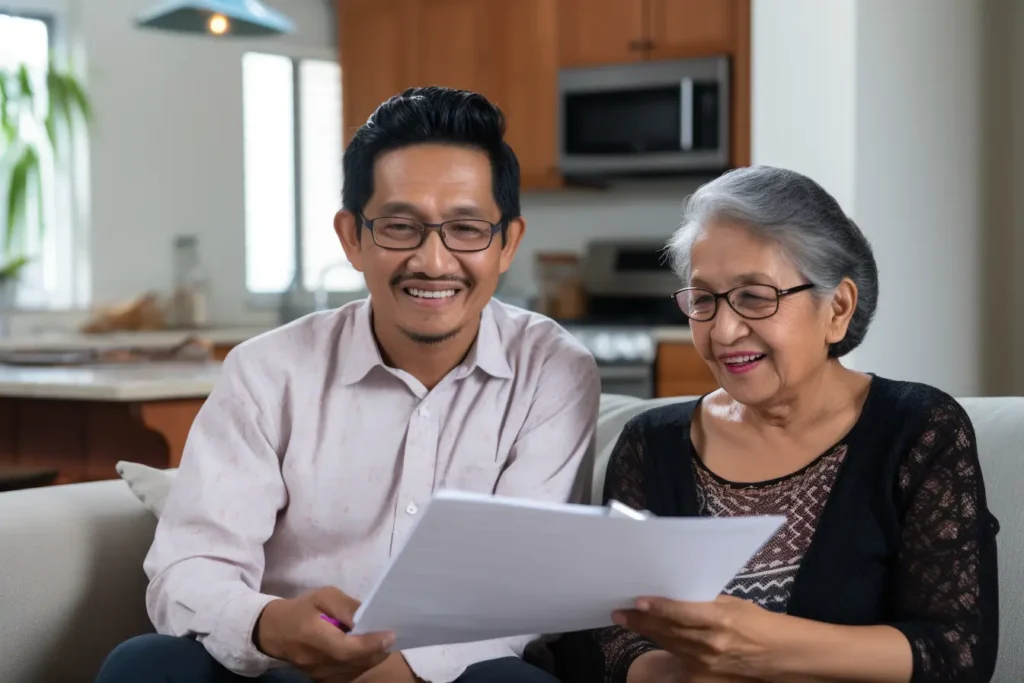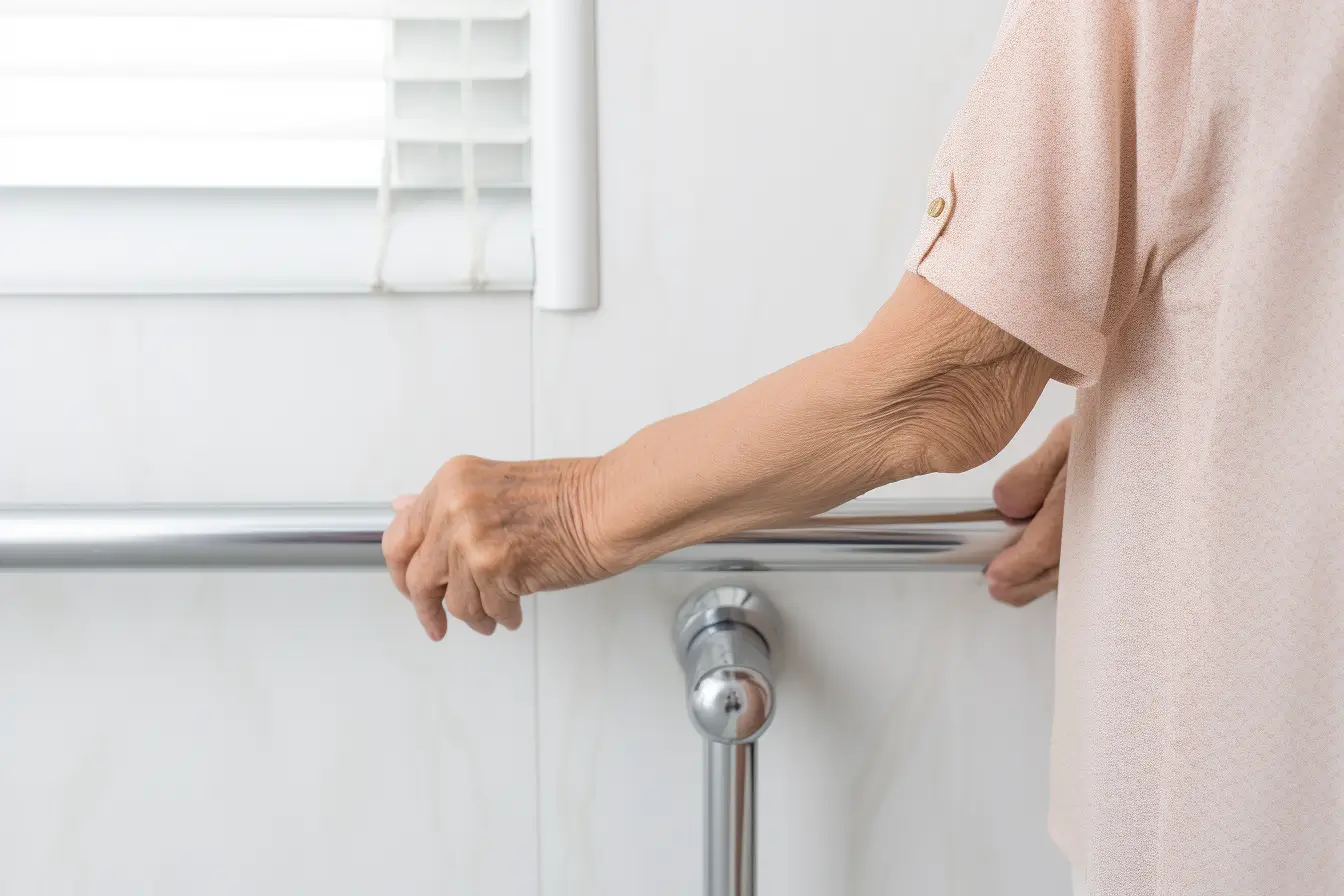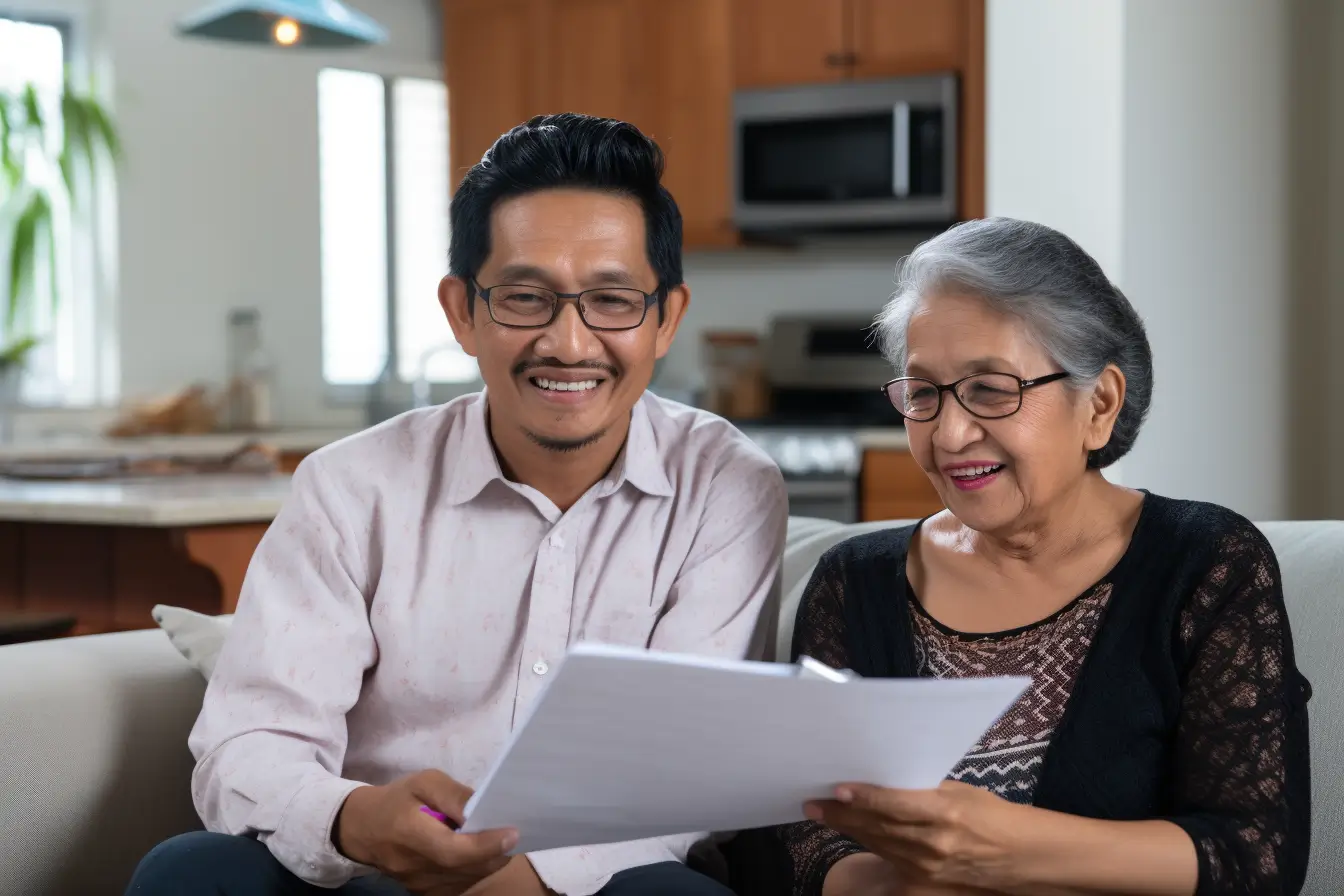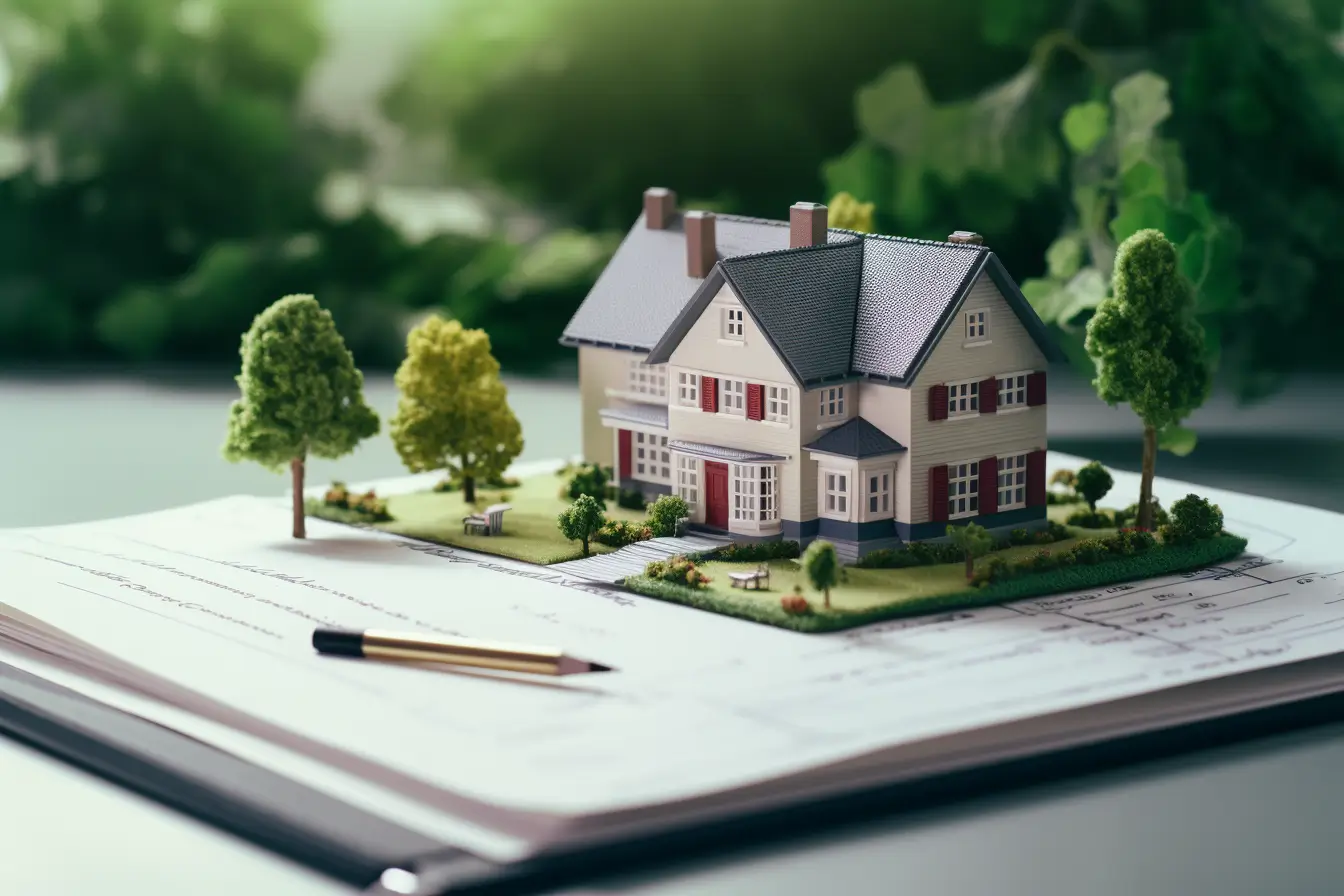Tips for Home Accessibility: Enhancing Comfort and Safety
Creating an accessible, safe, and comfortable home is essential for individuals with physical challenges or those planning for aging in place. At AccessAble, we understand the importance of a well-adapted living space. Here are some valuable tips to help you enhance home accessibility:
- Widen Doorways: Ensure doorways are wide enough to accommodate wheelchairs or walkers. A minimum of 32 inches is recommended for comfortable passage.
- Install Ramps: Replace stairs with ramps at entrances for easier access. Ensure ramps have a gentle slope and non-slip surfaces for safety.
- Modify Bathrooms: Install grab bars near the toilet and in the shower to prevent falls. Consider a walk-in tub or a zero-entry shower for easier access.
- Lever-Style Door Handles: Replace round doorknobs with lever-style handles, which are easier to operate for individuals with limited hand strength.
- Slip-Resistant Flooring: Opt for slip-resistant flooring materials, particularly in bathrooms and kitchens, to reduce the risk of falls.
- Adjustable Countertops and Cabinets: In the kitchen, consider installing countertops and cabinets that can be adjusted in height to accommodate wheelchair users.
- Good Lighting: Ensure your home is well-lit to improve visibility, especially in hallways, staircases, and entryways. Use automatic sensors for convenience.
- Accessible Switches and Outlets: Place light switches and electrical outlets at reachable heights. Rocker-type light switches can be easier to use than traditional switches.
- Clutter-Free Pathways: Keep pathways clear of furniture and clutter to allow easy navigation throughout the home.
- Emergency Preparedness: Ensure your home is equipped with accessible emergency exits. Consider installing a personal emergency response system (PERS) for added safety.
- Smart Home Technology: Incorporate smart home devices like voice-activated systems, which can control lights, thermostats, and other appliances, making them more accessible.
- Professional Assessment: Consider getting a professional home accessibility assessment from certified experts like AccessAble. We can provide personalized recommendations based on your specific needs.
Remember, small changes can make a big difference in creating a more accessible and independent living environment. At AccessAble, we are dedicated to helping you make these changes, enhancing your quality of life in the comfort of your home.




